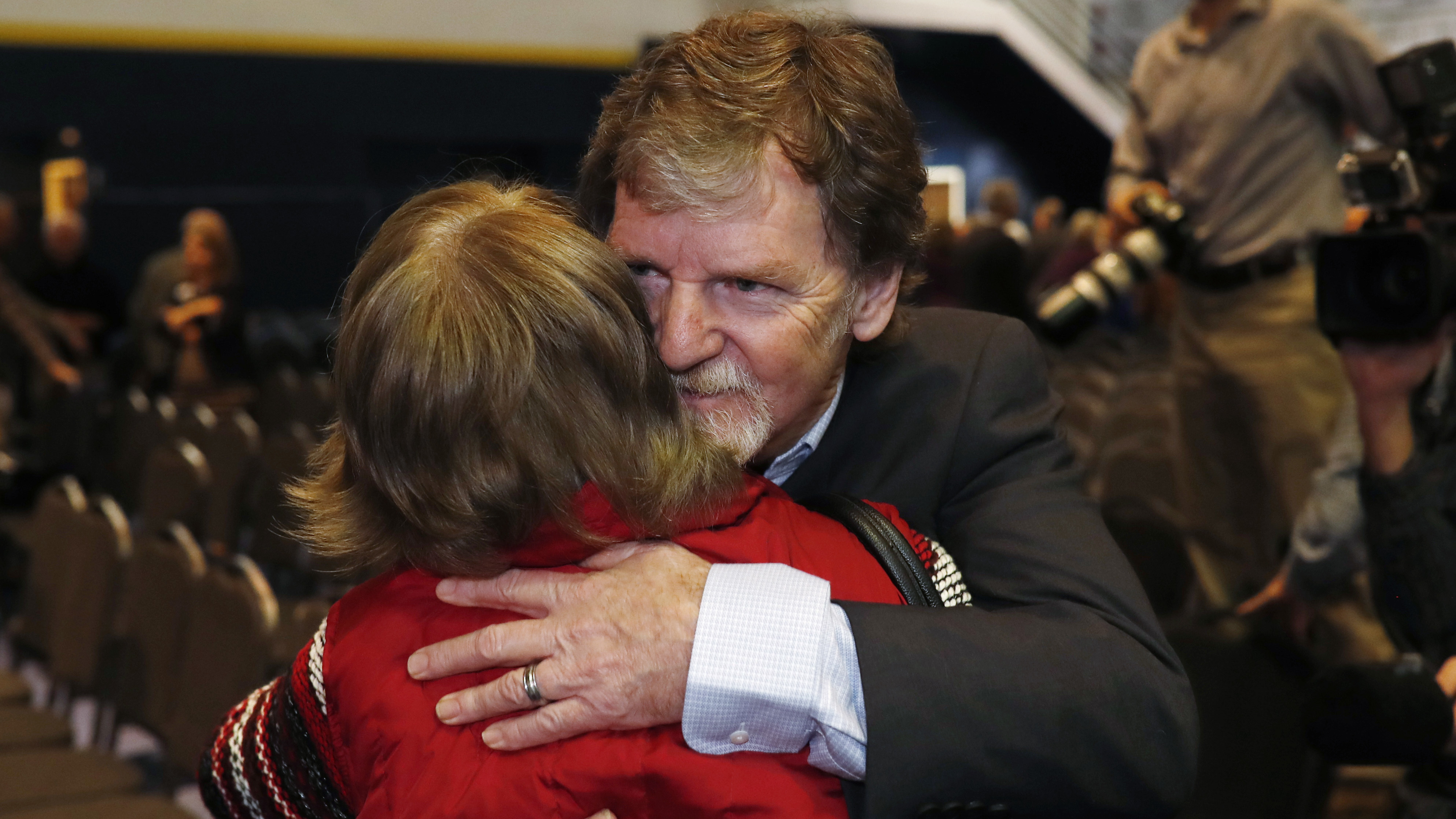
The U.S. Supreme court delivered a major blow to gay-rights advocates on Monday, ruling that a Colorado baker may refuse to bake custom wedding cakes for same-sex couples.
Justice Anthony Kennedy, who was long seen as the swing vote in the case, wrote the opinion.
Every Supreme Court term, there is at least one case that gets people’s blood up. A case on which just about everyone has an opinion, often a ferocious opinion. This is one of them.
This case began when Charlie Craig and Dave Mullins were organizing a wedding reception for themselves in Lakewood, Colo., and were referred by their wedding planner to the Masterpiece Cakeshop, known in particular for its wedding cakes.
When Mullins, along with Craig and his mother, arrived at the shop, bakery owner Jack Phillips greeted them politely, but, as soon as he realized who the wedding cake was for, Phillips instantly knew this was “not a cake that I can make.” And he informed them that he did not make cakes for same-sex weddings.
Phillips believes that same-sex marriages are sinful, that marriage is to be between a man and a woman. “I don’t believe that Jesus would have made a cake if he had been a baker,” he said on ABC’s The View. “I’m not judging these two gay men,” he continued, “I’m just trying to preserve my right as an artist to decide which artistic endeavors I’m going to do and which ones I’m not.”
That, however, was not how Charlie Craig felt. “Man, it was just really humiliating,” Craig says, noting that he was particularly embarrassed for this to have happened in front of his mother.
As the couple would soon learn, Colorado, like most states, has a state anti-discrimination law for businesses that are open to the public. Colorado bars discrimination based on race, religion, gender and sexual orientation. So Mullins and Craig filed a complaint with the state commission on civil rights, which ruled in their favor, as did the state supreme court. The baker, Jack Phillips, appealed to the U.S. Supreme Court.
For a half-century, the high court has upheld public accommodations laws against challenges brought by people who claim that their sincerely held beliefs — religious and otherwise — prevent them from serving customers on an equal basis.
9(MDEwMjQ0ODM1MDEzNDk4MTEzNjU3NTRhYg004))
